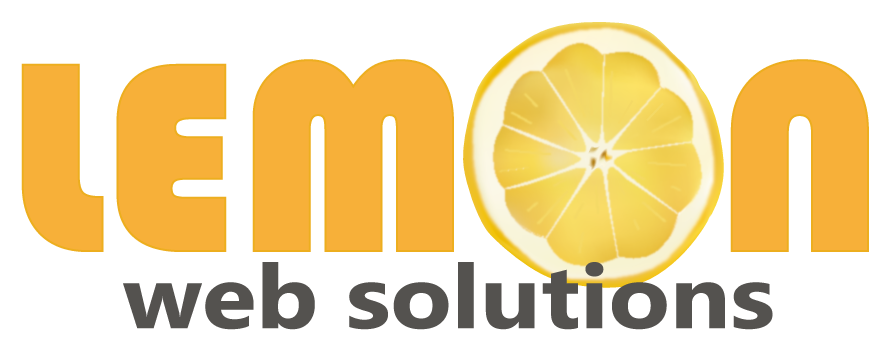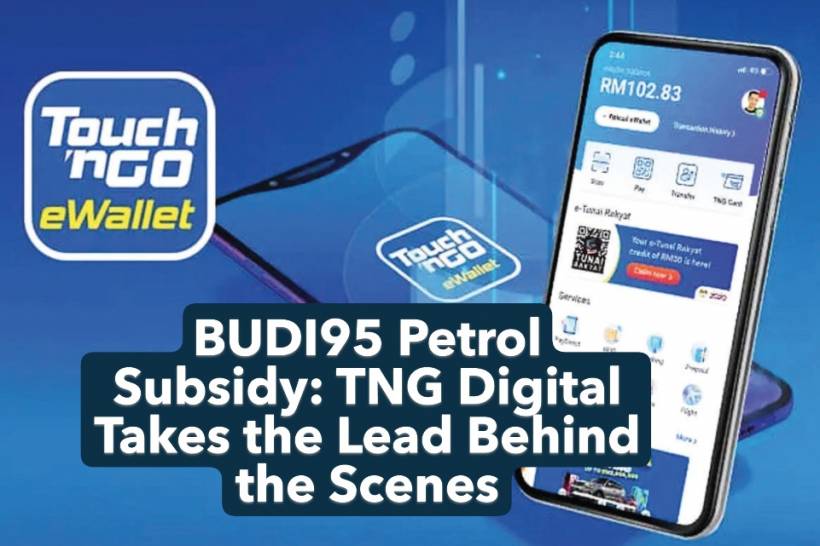The government's highly anticipated BUDI95 subsidy scheme is beginning to reveal its digital backbone — and at the heart of it sits TNG Digital. While the scheme itself has been making headlines for its RM1.99 per litre subsidised RON95 petrol, less has been said about who is actually running the system behind the scenes. Now, thanks to a recent confirmation, we know that responsibility lies with TNG Digital.
Who's Running the Backend?
Treasury secretary general Johan Mahmood Merican confirmed during a press conference that TNG Digital — through its subsidiary, Nadi Tech Sdn Bhd — is tasked with setting up and managing the central system powering the subsidy.
For those unfamiliar, TNG Digital is the company behind the widely used Touch 'n Go eWallet, itself a subsidiary of CIMB Group. In other words, one of Malaysia's most trusted digital payment providers is also handling the infrastructure that makes BUDI95 possible.
Why Touch 'n Go Matters in This Context
The decision to lean on TNG Digital makes sense when you consider the sheer scale of the subsidy programme. With millions of Malaysians eligible and petrol stations nationwide needing seamless integration, reliability and trust in the payment operator are non-negotiable.
Finance Minister II Amir Hamzah Azizan pointed out that while the TNG eWallet can be used across all petrol stations, brand-specific petrol apps are naturally restricted to their own outlets. For example, Setel works with Petronas, while the Shell app is limited to Shell stations. TNG's universal compatibility positions it as a convenient tool for motorists, ensuring consistency no matter where they refuel.
Identity Verification: eKYC Across Apps
Another important detail is verification. According to Johan, Shell will soon roll out a one-time electronic Know Your Customer (eKYC) process — expected within the month — aligning with the approach already taken by apps like Setel. This will allow these apps to serve as verification alternatives to the physical MyKad, broadening the ways motorists can prove their eligibility for the subsidy.
This move signals a wider digital transformation in how Malaysians interact with fuel subsidies, shifting away from purely card-based methods towards app-enabled identity checks.
Clearing Up the Refuelling Limit Confusion
Earlier reports caused a stir by suggesting that subsidy users could only enjoy the RM1.99 per litre benefit once per day, even though the scheme allows up to 300 litres per month. This naturally raised concerns among motorists who frequently refuel.
The Ministry of Finance has since clarified the matter: there is no daily cap on refuelling. However, the ministry also emphasised that safeguards will be in place to prevent abuse or profiteering. These could include monitoring unusual patterns of purchases or transactions to ensure the subsidy truly benefits everyday Malaysians rather than being exploited for resale.
What This Means for Malaysians
At its core, the BUDI95 subsidy is not just about cheaper petrol. It's also about modernising the way government benefits are distributed and monitored. By leveraging TNG Digital's infrastructure, the scheme ensures greater transparency, more flexibility in verification methods, and fewer bottlenecks for motorists at the pump.
For drivers, this means smoother experiences at the station, more choice in how they authenticate themselves, and reassurance that the government is actively refining the rules to avoid unnecessary restrictions.





Comments